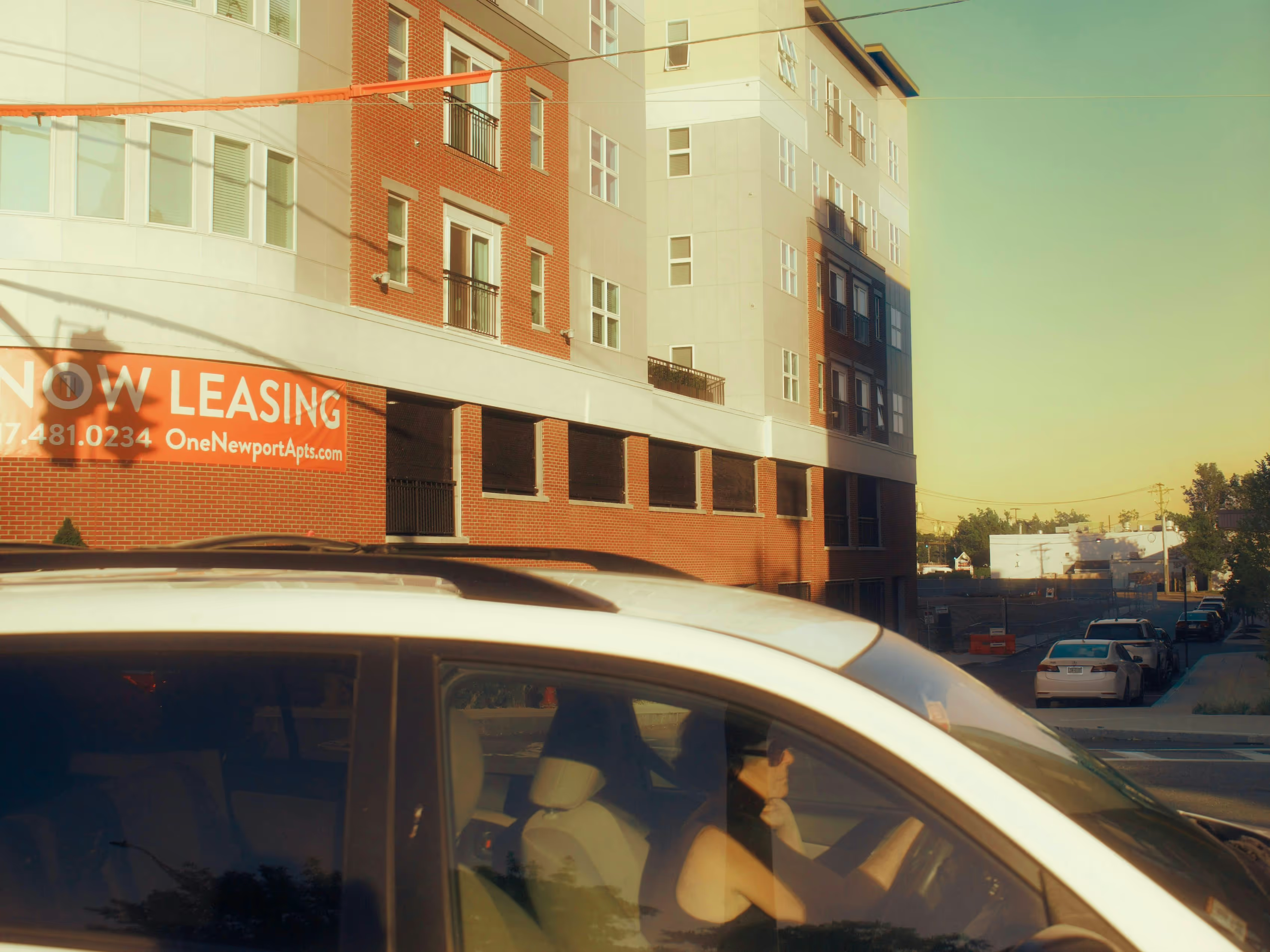
Kudos has partnered with CardRatings and Red Ventures for our coverage of credit card products. Kudos, CardRatings, and Red Ventures may receive a commission from card issuers. Kudos may receive commission from card issuers. Some of the card offers that appear on Kudos are from advertisers and may impact how and where card products appear on the site. Kudos tries to include as many card companies and offers as we are aware of, including offers from issuers that don't pay us, but we may not cover all card companies or all available card offers. You don't have to use our links, but we're grateful when you do!
Does Breaking Your Lease Affect Your Credit Score?
July 1, 2025


Quick Answers
The act of breaking a lease itself is a contractual issue, not a credit event, so it won't be directly reported to credit bureaus.
Your credit score will be negatively impacted if your landlord sends any unpaid rent or associated fees to a collection agency.
A collection account or a civil judgment resulting from an early lease termination can significantly lower your credit score and remain on your report for up to seven years.
What Does It Mean to Break a Lease?
A residential lease is a legally binding contract that obligates you to occupy a rental for a specified period, typically one year. Breaking a lease occurs when a tenant vacates the property before this term officially concludes without the landlord's agreement. This action constitutes a breach of the contractual agreement you signed.
The immediate consequence often involves financial liability for the rent remaining on the lease term. Should these outstanding charges go unpaid, your landlord may turn the debt over to a collections agency. It is this collections account, not the act of breaking the lease itself, that can be reported to credit bureaus and subsequently lower your credit score.
How Breaking Your Lease Could Affect Your Credit Score
Breaking a lease doesn't directly ding your credit, but the financial fallout certainly can. Unpaid fees can trigger a chain of events that ultimately damages your credit history for years.
- Incurring Debt: When you break your lease, you typically owe your landlord for remaining rent or specific termination fees outlined in your agreement. This creates a formal debt.
- Hand-off to Collections: If you don't settle this debt, your landlord can sell it to a collections agency. The landlord gets a portion of the money, and the agency takes over collecting from you.
- Reporting to Bureaus: The collections agency will report your unpaid debt to the three major credit bureaus (Experian, Equifax, and TransUnion). This is the first point of direct credit impact.
- Credit Score Damage: Once reported, the collection account appears on your credit report. This is a significant negative event that can lower your score and remain on your report for up to seven years.
- Potential Legal Action: Your landlord could also sue you for the unpaid amount. If they win a civil judgment against you, this public record can also be added to your credit report, causing further harm.
How Much Will Breaking Your Lease Affect Your Credit Score?
While breaking a lease doesn't directly impact your credit, the financial fallout certainly can. Consider these potential consequences for your credit score and rental history.
- Collections Accounts: If you owe money for breaking the lease, your landlord can send the debt to a collection agency. This new account can cause a significant drop in your credit score and remains for seven years.
- Civil Judgments: Your landlord could sue you for unpaid rent and fees. If they win a judgment against you, it can be reported to credit bureaus, severely damaging your credit profile and financial standing.
- Future Rental Applications: A broken lease can be noted on your rental history reports, which future landlords check. This negative mark can make it much more difficult to secure housing, even with a good credit score.
How You Can Avoid Breaking Your Lease Affecting Your Credit Score
Negotiate a Buyout
Open communication with your landlord can lead to a mutual agreement. Many property managers offer a lease buyout option, which typically involves paying a one- or two-month rent penalty to terminate your lease early, thus avoiding collections and protecting your credit score.
Find a New Tenant
Check your lease agreement for clauses on subletting or assignment. If permitted, finding a qualified replacement tenant to take over your lease can absolve you of your obligations. This ensures the landlord continues receiving rent, leaving no negative financial event to report.
Ways to Improve Your Credit Score
Improving your credit score is always possible, though it requires consistent effort and time. By following a few proven methods, most people can see meaningful changes to their score within three to six months.
- Monitor Your Credit Reports. Regularly obtain your free credit reports from the three major bureaus to check for inaccuracies, dispute errors, and track your progress.
- Set Up Automatic Payments. Payment history is the single biggest factor in your score, so setting up automatic payments ensures you never miss a due date.
- Lower Your Credit Utilization. Aim to use less than 30% of your available credit, as a lower ratio signals to lenders that you are a responsible borrower.
- Become an Authorized User. You can get a boost by being added as an authorized user to a credit card account that has a long, positive payment history and low utilization.
- Diversify Your Credit Mix. Lenders like to see that you can responsibly manage different types of credit, such as a mix of revolving credit and installment loans.
- Limit Hard Inquiries. Avoid applying for too much new credit at once, as each application can cause a temporary dip in your score.
The Bottom Line
Breaking a lease doesn't automatically hurt your credit. The real damage comes if you leave unpaid rent or fees, which can be sent to collections and subsequently lower your credit score.
Frequently Asked Questions
Will breaking a lease always hurt my credit score?
Not directly. The act itself isn't reported, but if you owe money for unpaid rent or fees, your landlord can send the debt to collections, which will damage your credit.
How long does a collection from a broken lease stay on my credit report?
A collection account from a broken lease can remain on your credit report for up to seven years, significantly impacting your ability to secure future loans or housing.
Can I rent another apartment after breaking a lease?
Yes, but it can be challenging. Future landlords may see it as a risk, potentially requiring a larger security deposit, a cosigner, or proof of resolved debt.

Supercharge Your Credit Cards
Experience smarter spending with Kudos and unlock more from your credit cards. Earn $20.00 when you sign up for Kudos with "GET20" and make an eligible Kudos Boost purchase.
Editorial Disclosure: Opinions expressed here are those of Kudos alone, not those of any bank, credit card issuer, hotel, airline, or other entity. This content has not been reviewed, approved or otherwise endorsed by any of the entities included within the post.




















.webp)
.webp)
.webp)
.webp)
















